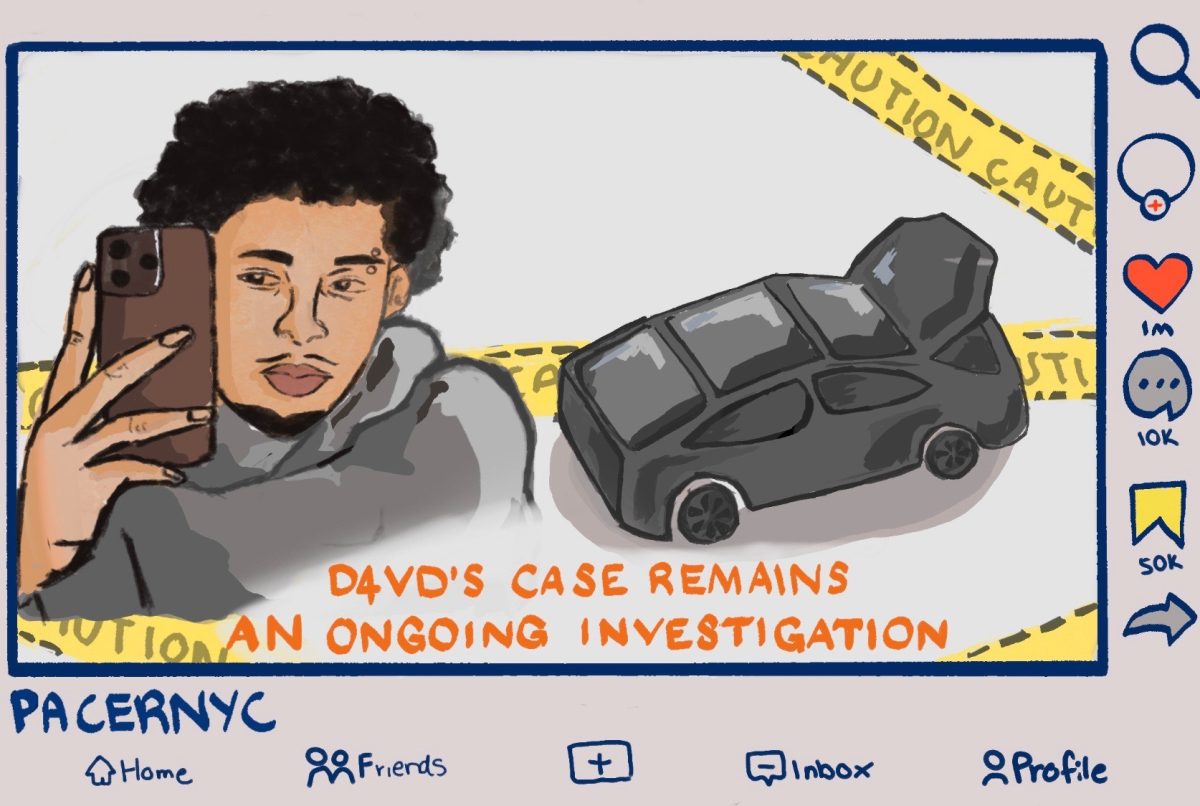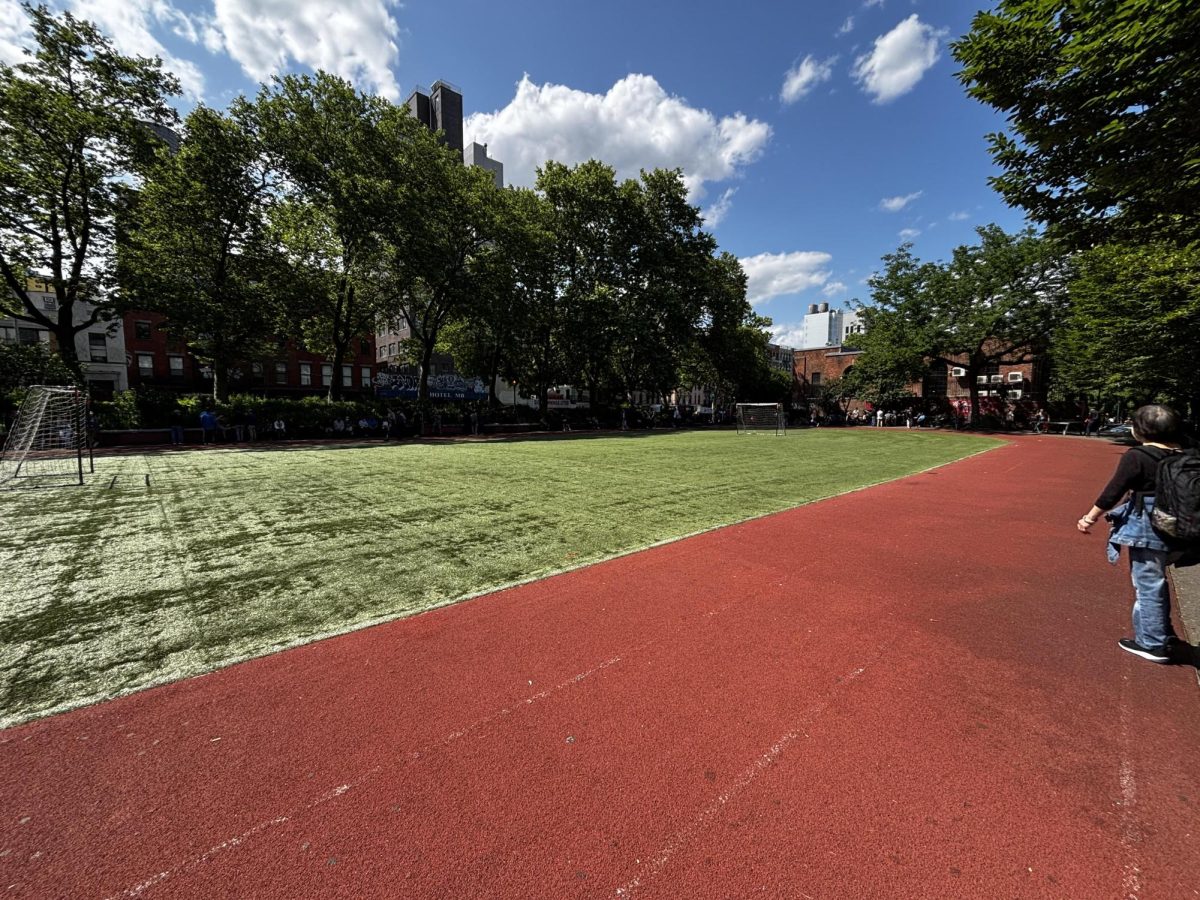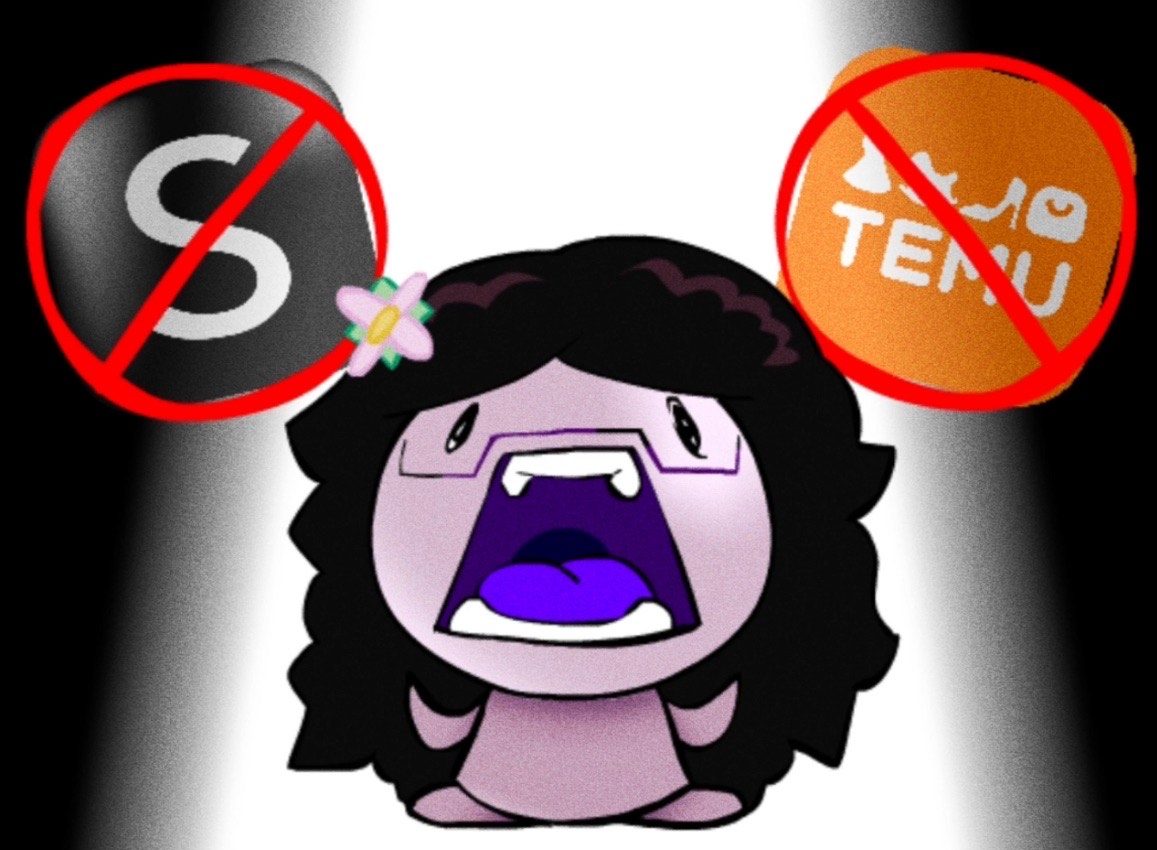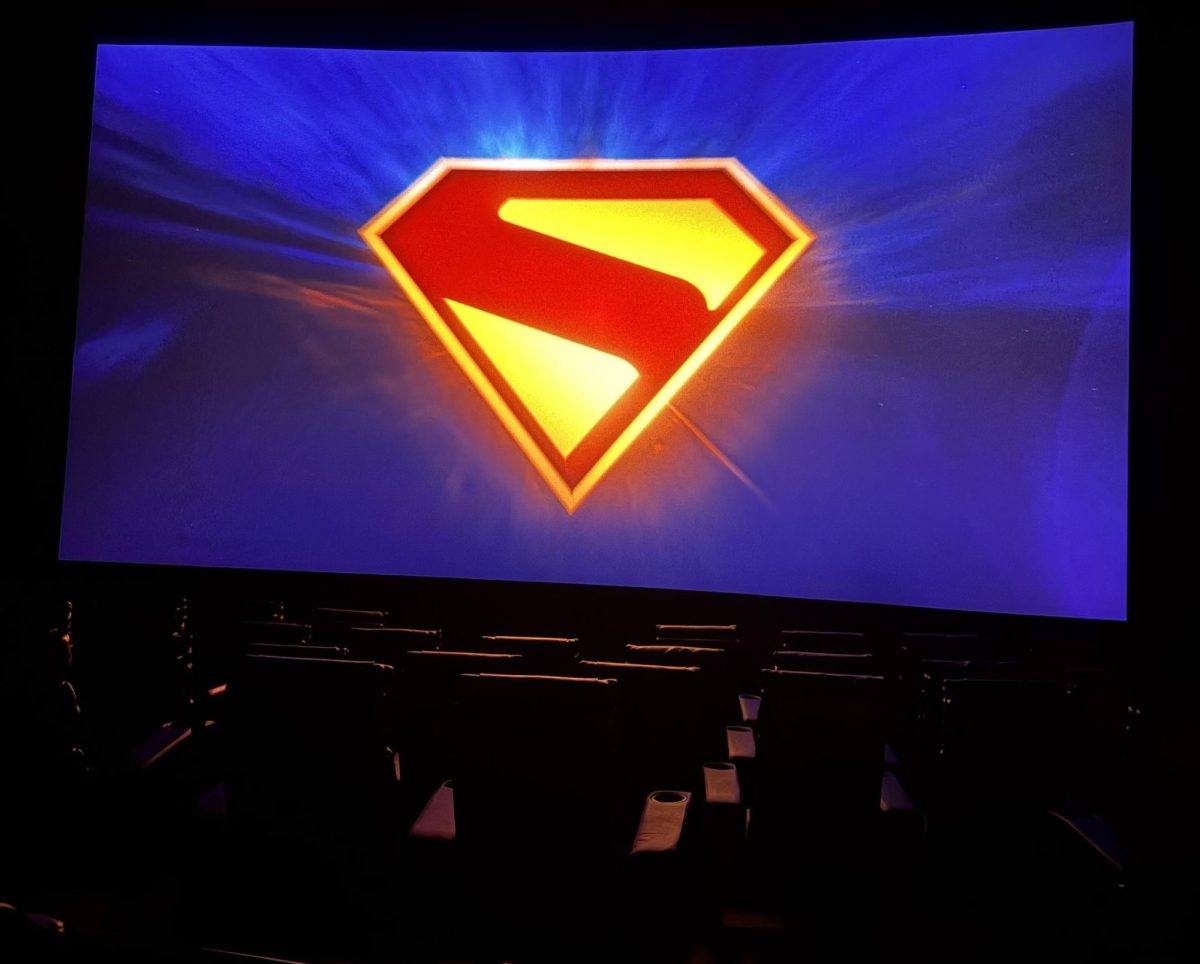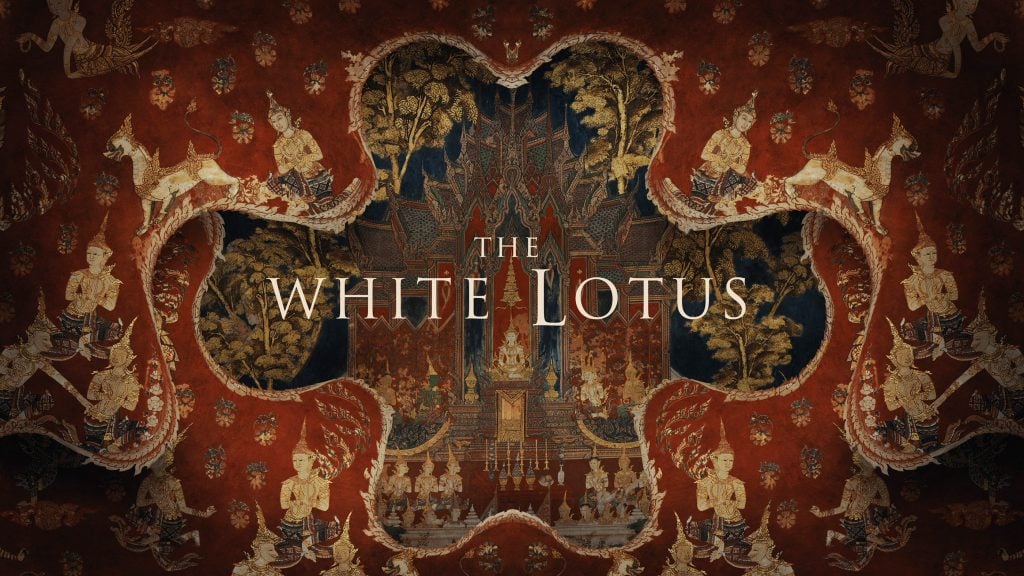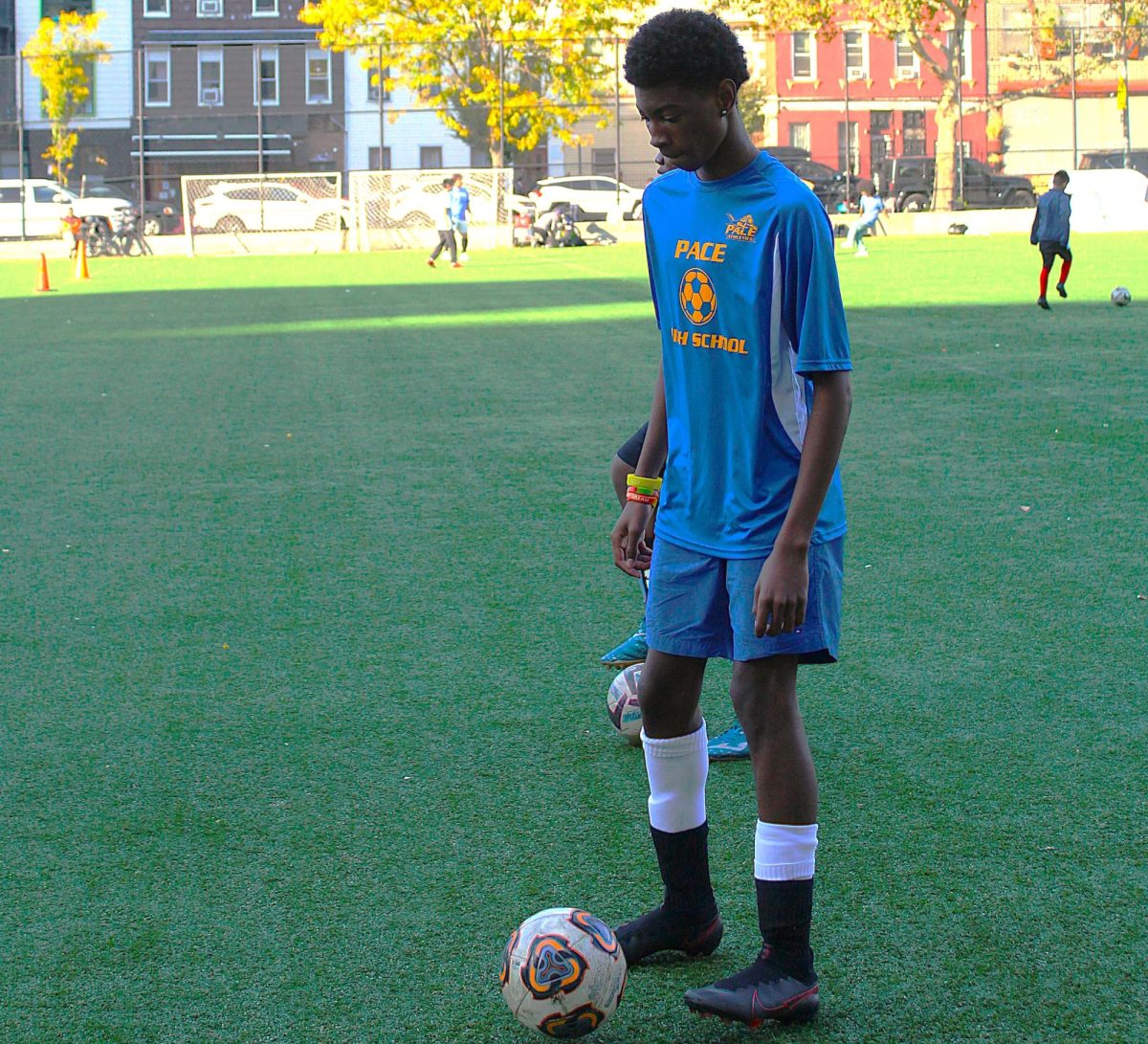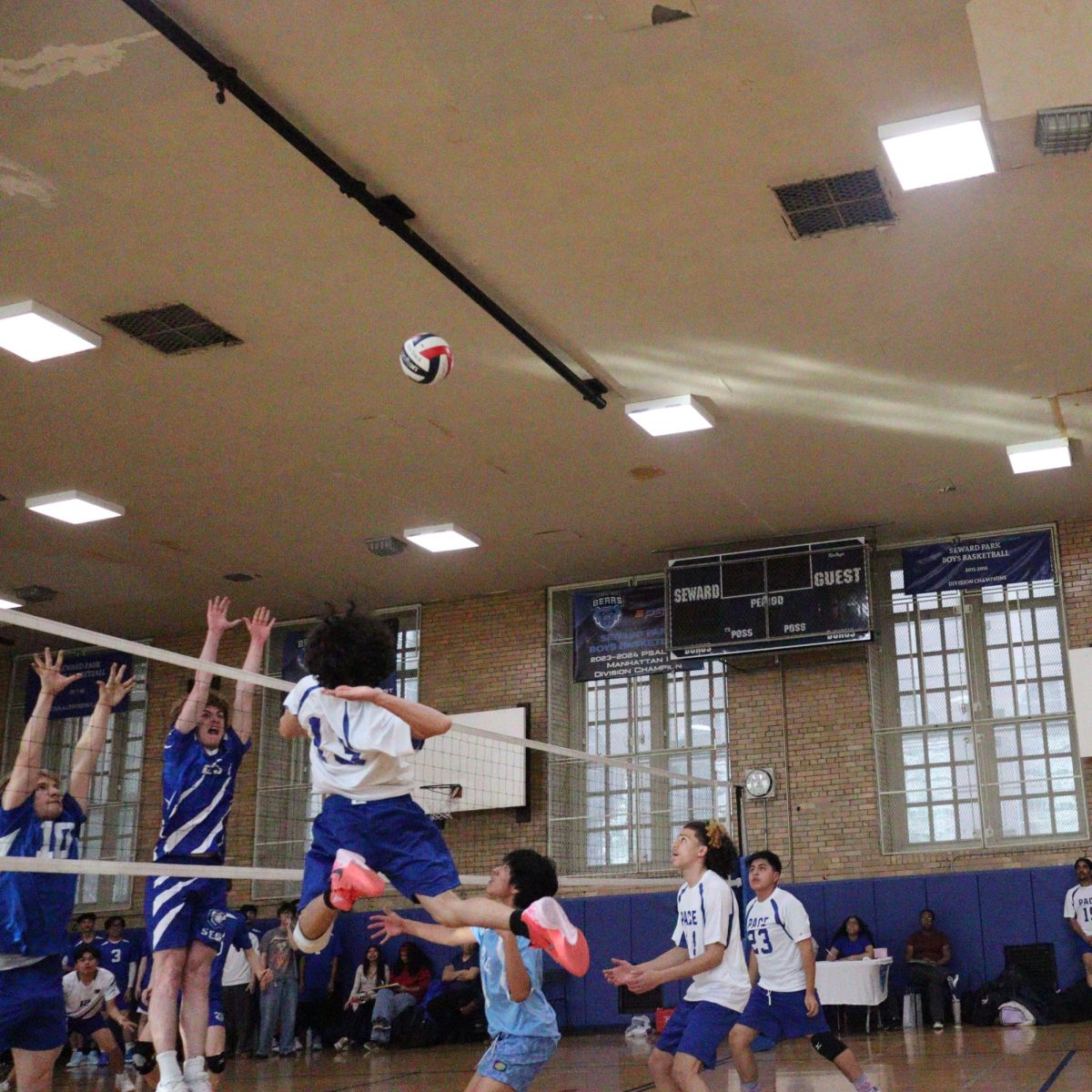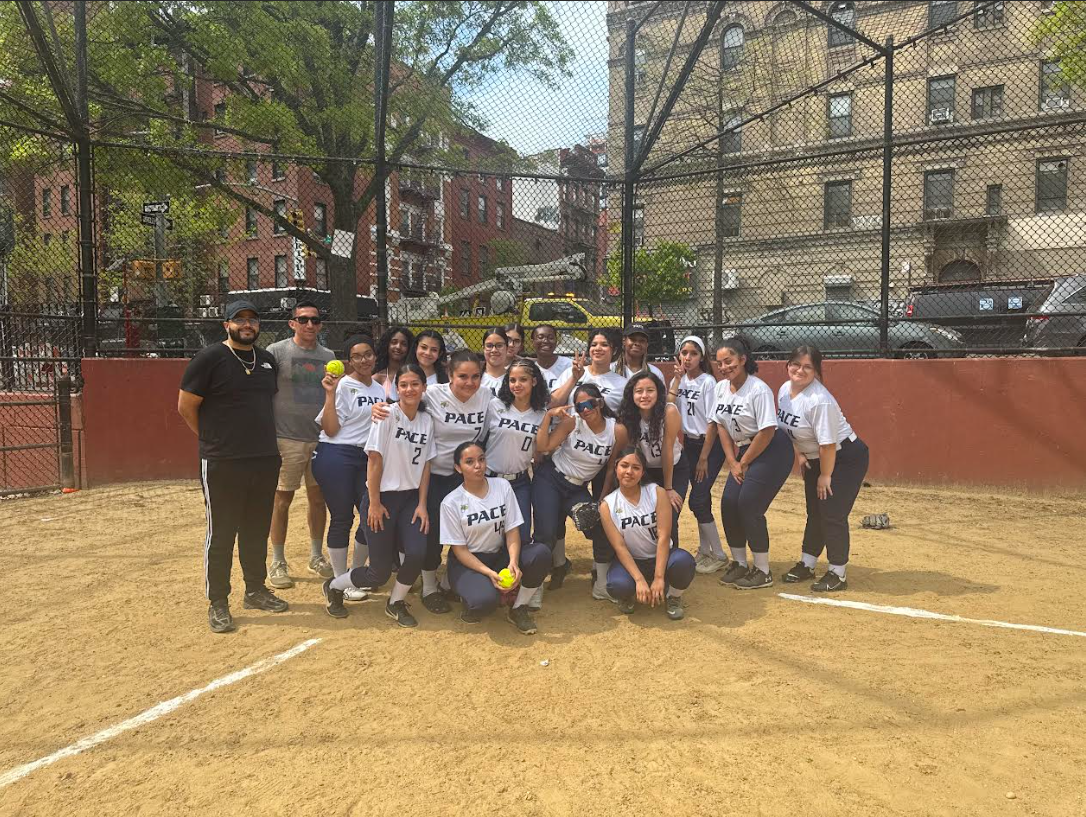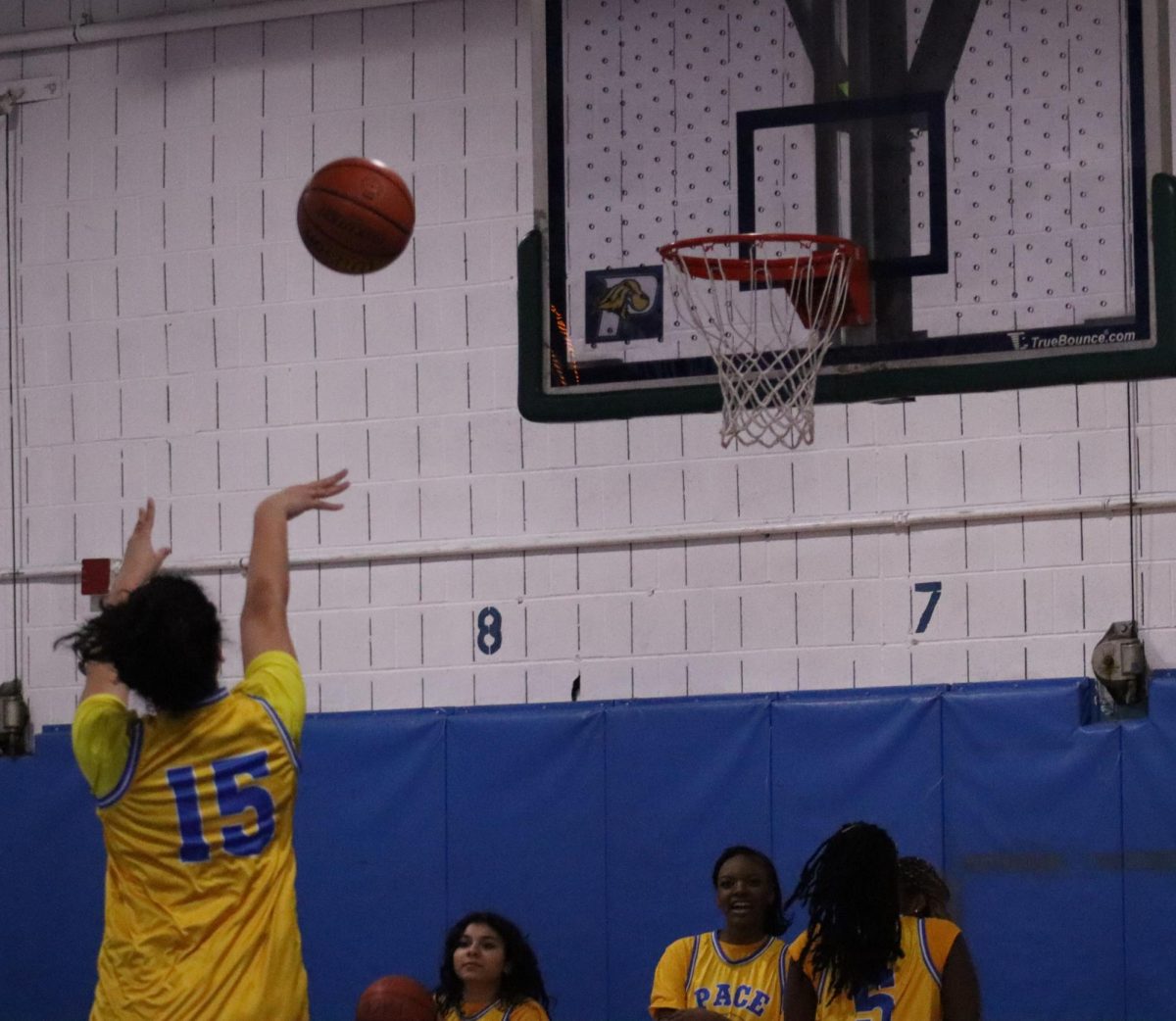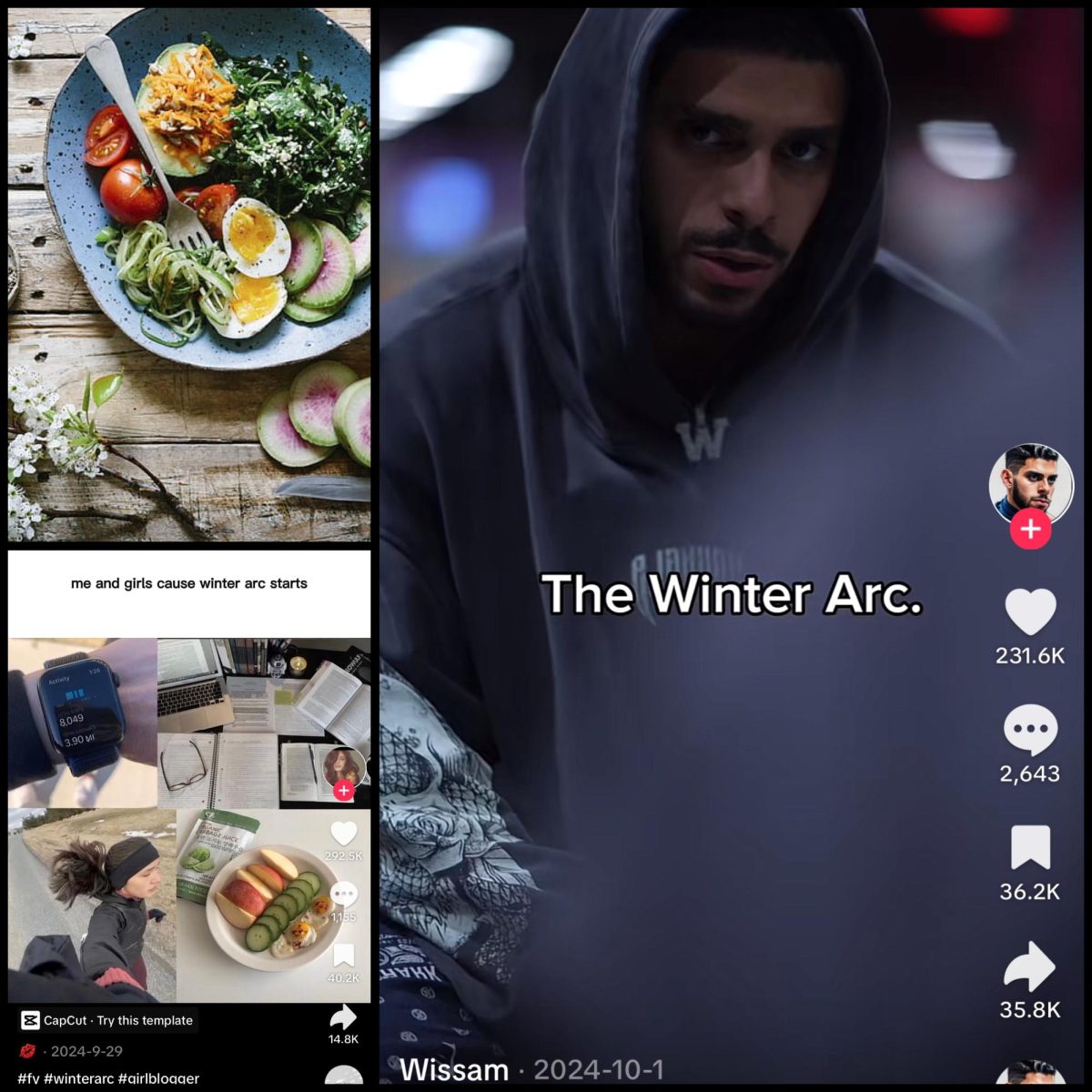A new term, “Winter Arc,” has emerged on the social media app TikTok. This includes improving your diet, fitness and mental health journey. It is associated with winter because it takes place during the harsh winter months when most people are less active.
During this time, participants are expected to work hard and improve their physical appearance in preparation for summer.
Many young TikTok users participate in this challenge because it sounds motivating and exciting. But what if the Winter Arc is a fragment of an even bigger problem in today’s society?
The Glow Up Culture refers to going through a transformation that positively improves your physical features– Essentially making you more confident as a result. Online, users share their experiences of their glow up.
Users share a “before” photo in which they perceive themselves to be less attractive in appearance. Between photos they work on their diet and start exercising more. Then they provide an “after” where they feel more confident in their appearance and perceive themselves to be more attractive than before.
After viewing a majority of ‘glow up’ videos I’ve found that most of them are hyperbolic. This is because sometimes the “before” picture is only them as a child and the after picture is them as a teenager, or young adult. Some may find these videos to not be credible because during childhood you still have a very youthful appearance and aren’t fully developed yet.
Beyond glow-up videos, another popular trend focused on physical transformation is ‘mewing,’ which has gained significant attention among teenage boys. The term has become widely used in internet culture, though some criticize it as another example of online ‘brain rot.’ Mewing involves resting your tongue against the roof of your mouth and keeping your teeth close together.”
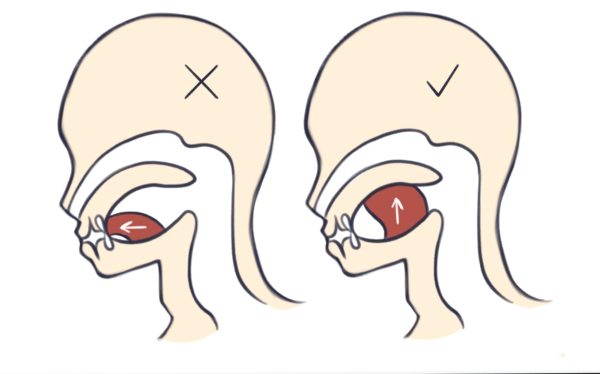
This is intended to enhance the appearance of your jawline, though noticeable results can take weeks or even months. As with glow-up videos, it perpetuates unrealistic expectations about physical appearance.
Is it really possible-or even necessary-to transform yourself so drastically in just a few months?
These videos give advice on how you can glow up. A part of the Winter Arc includes participating in the “75 Hard” challenge. According to WebMD, 75 Hard was created by Andy Frisella.
For this challenge you pick five things, a diet plan, and exercise to do twice a day; consuming one gallon of water, reading 10 pages of a self- help book, and taking progress pictures. Frisella suggests that everything mentioned should be done every day over the course of 75 days.
However, these challenges and videos can be harmful to teens struggling with insecurities.
A study done by Michigan Medicine in 2022, claims that nearly one in three parents feel that their child is self-conscious about their looks and it has a negative impact on their child’s self-esteem. One in five also states that it affects their child’s willingness to participate in certain activities.
This avoidance can limit a teen’s ability to engage in social situations, sports, or other extracurricular activities crucial for building confidence, friendships, and healthy habits.
Over time, this pattern can contribute to social isolation and further lower self-esteem, creating a harmful cycle of self-doubt.
‘Glow up’ Videos tend to make teens anxious and insecure about normal features that they may have. Anyone viewing said videos can struggle with how to perceive themselves and others. This can lead to a distorted perception of appearance by constantly comparing themselves to the idealized ‘after’ images in said videos.
It’s important not to get caught up in this culture. Remember, your body is unique, and your value extends far beyond physical appearance.
Many Pace students are familiar with the Winter Arc challenge and find it amusing. However, none appear to be actively participating. The trend is far more prominent online, where the participants are primarily influencers with a receptive audience.
While the culture of obsessive self-improvement can be harmful, prioritizing your physical and mental well-being remains essential.
Moving your body every day is good for you, as well as getting fresh air when you are feeling anxious. Setting small, achievable goals are great for motivation as well.
The pressure to conform to idealized images on social media can distort how we see ourselves, but our worth isn’t defined by our appearance or the trends we follow. So, next time you feel pressured to ‘glow up,’ ask yourself: What does your healthiest, happiest self look like? And how can you start working toward that today?”

